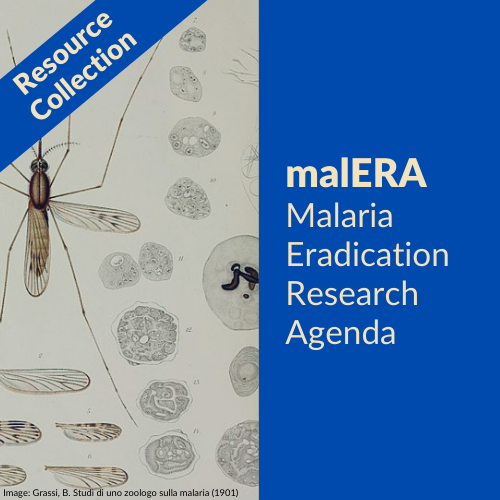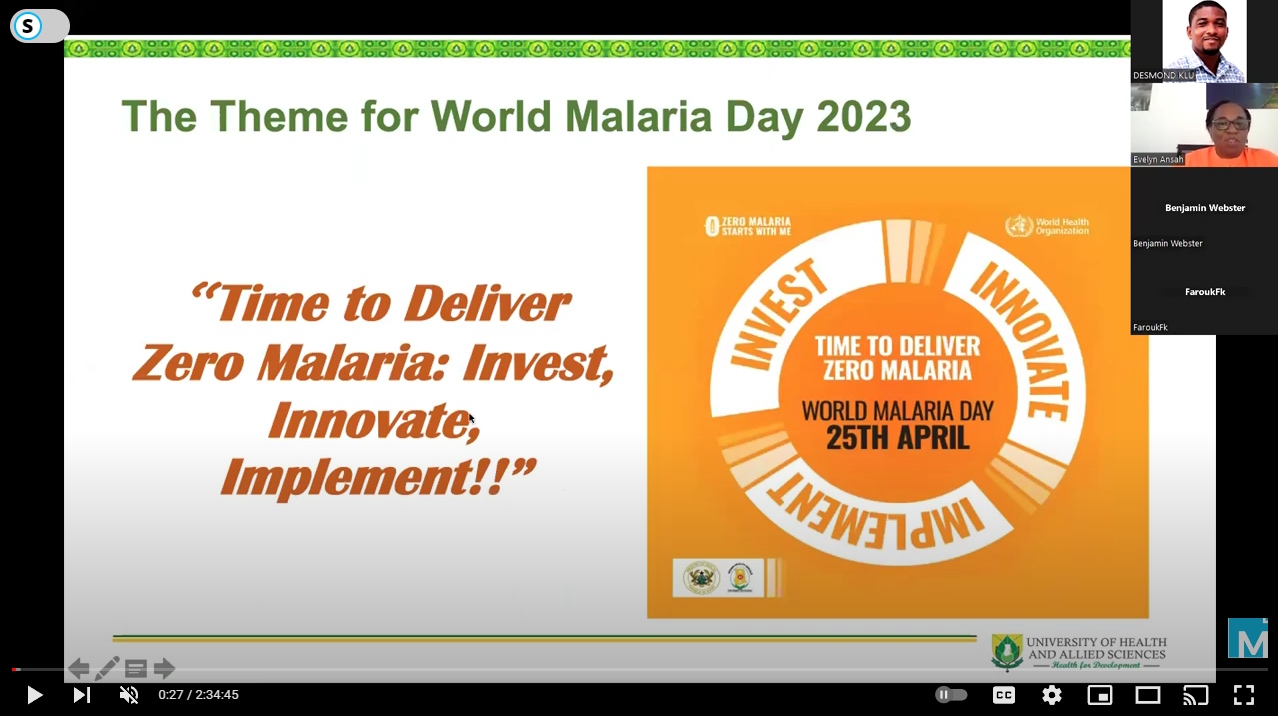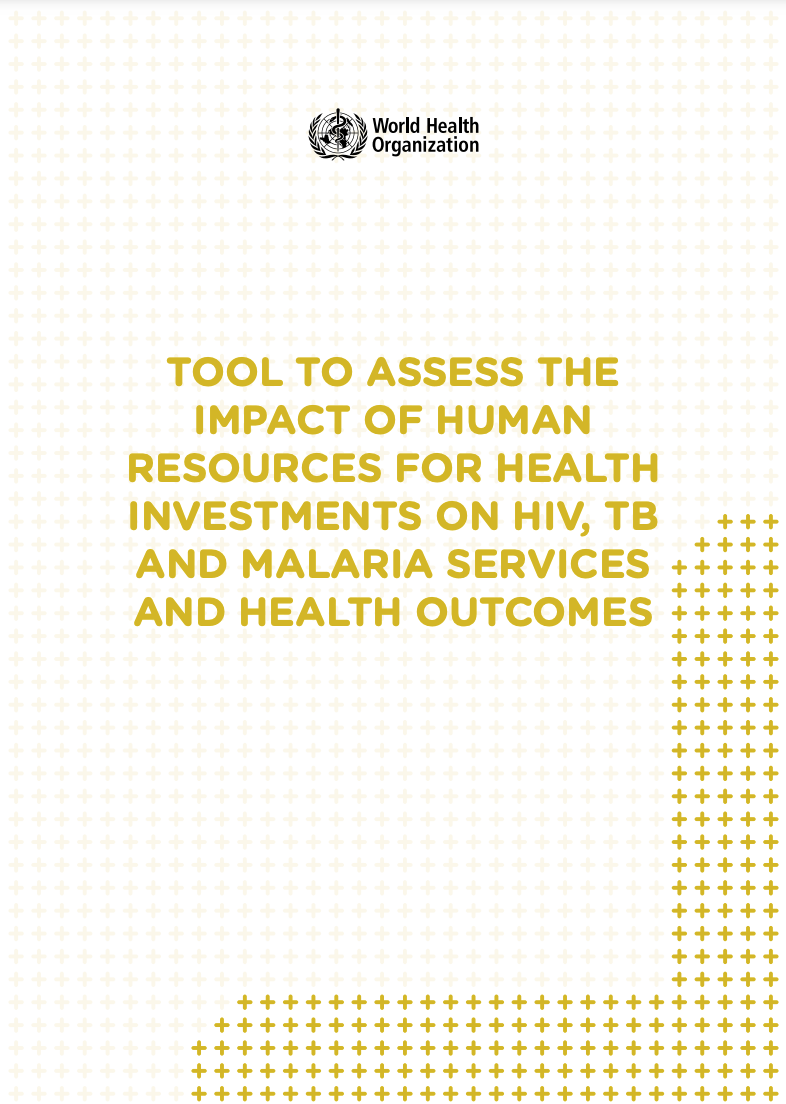Last Updated: 27/03/2023
Epidemiological and statistical research on health problems of developing countries: MRC Tropical Epidemiology Group
Objectives
To conduct research on interventions against diseases of major public health importance in Africa and other parts of the developing world.
Specific objectives:
- To conduct the first trial of the impact of a test-and-treat intervention on HIV incidence in Africa, implementation research on scale-up of male circumcision, and RCTs to reduce early mortality among patients with low CD4 counts and to evaluate different treatment strategies for cryptococcal meningitis.
- To complete a trial of a four-month pulmonary TB treatment regimen. We will extend our research on treatment strategies for TB and HIV co-infection, including trials to compare 3 treatment strategies in ARV-naïve TB/HIV patients, a CRT to assess the effect of a point-of-care TB test-and-treat algorithm on early mortality in HIV-infected patients accessing ART; and a CRT of the impact of TB diagnosis by Xpert MTB/RIF on mortality and time-to-initiation of treatment.
- To evaluate effectiveness of delivery through routine health services, to monitor for adverse effects and to determine the effectiveness of adding SMC to existing control strategies for malaria and to evaluate multi-component malaria control on Bioko Island, and will develop new collaborations to assess the role of the RTS,S vaccine if licensed.
London School of Hygiene and Tropical Medicine (LSHTM), United Kingdom
The past decade has seen significant progress in health in developing countries as well as setbacks and new challenges. Gains in health in many low-income countries have been reversed due to the global epidemic of HIV/AIDS and steep increases in tuberculosis (TB). Malaria remains a major killer of children in Africa despite declines in some countries. There is an urgent need to find effective means of controlling these major diseases.
Substantial reductions in malaria have been reported recently, but much of this progress has been in countries with low levels of malaria, and malaria rates remain unacceptably high in many African countries. In the Sahel region, most of the malaria mortality and morbidity occurs during the short rainy season. We have been closely involved in research showing that giving effective malaria chemoprevention during this period prevents illness and death from malaria in children. We will continue our research in this area, including assessing the impact of this treatment strategy on malaria cases and deaths when delivered through routine health services. We will also continue research on promising malaria vaccines, and to evaluate new methods to control the mosquitoes that transmit malaria.
Nov 2013 — Oct 2018
$6.28M
Africa, Central
Africa, Eastern
Africa, Northern
Africa, Southern
Africa, Western
United Kingdom


